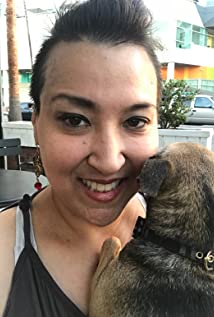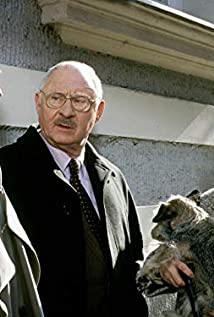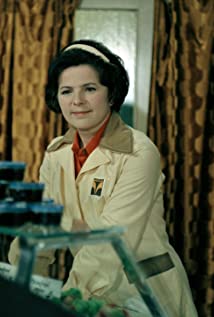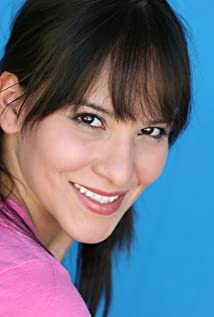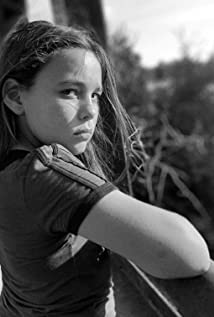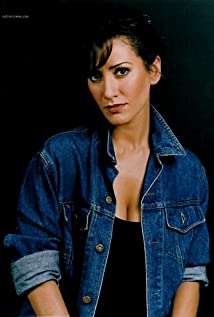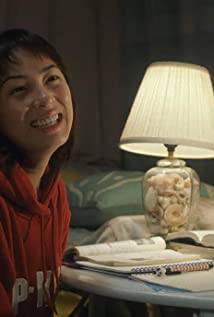She published several books. Her autobiography Der geschenkte Gaul: Bericht aus einem Leben (The Gift Horse: Report on a Life, 1970) was a candid recount of her life in Germany during and after the Second World War, and reportedly became the best-selling German book in the post-war years. Her second book Das Urteil (The Verdict, 1975) was a moderate success, and dealt with her struggle with breast cancer. Knef not only achieved international best-seller status, her books were also widely praised by critics because her autobiographies were "better-than-the-average celebrity's". Arthur Cooper of Newsweek claimed that the way in which Knef accounted in The Gift Horse: Report on a Life her childhood and difficult life being an Actress and singer while living in Hitler's Berlin and after the war in Europe and America, was "a bitterly honest book and a very good one". The book is not considered a book of "Hollywood-Broadway gossip. The book doesn't try to persuade the public depicting a made up celebrity's adventures. It seems a book that tells the real life of Knef. It refers to her struggles as a German woman who grew up in Berlin under the Nazis. The Gift Horse: Report on a Life was translated to English by Knef's second husband David Anthony Palastanga. In The Verdict which was also translated by Palastanga, Knef looked at her life in another perspective because she knew that she had cancer. Rachel MacKenzie wrote that Knef had her 56th operation, a mastectomy, in Salzburg on 10 August 1973. MacKenzie stated that from that cancer surgery, life had to be thought of in terms of pre-verdict and post-verdict. The book is divided in these two sections but they are not chronologically ordered because Knef wrote the two sections in a way that the reader is moved forward and backward in time and space. The Verdict describes in great detail the hospital scenes as well as the doctors and Nurses in New York, Los Angeles, Zürich and Hamburg where she was hospitalised.












